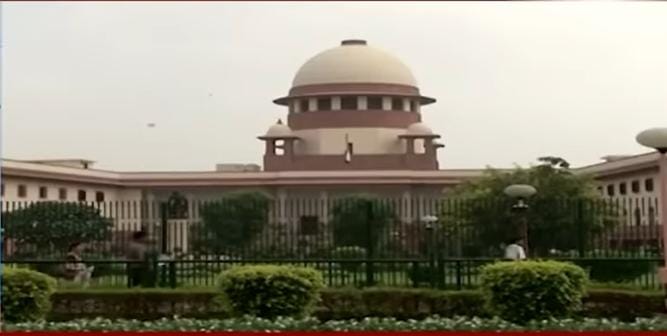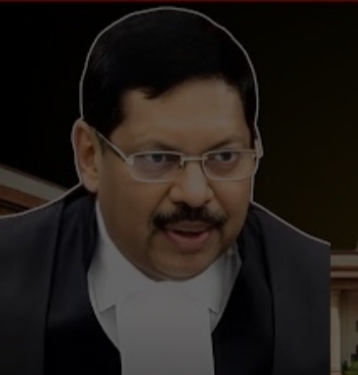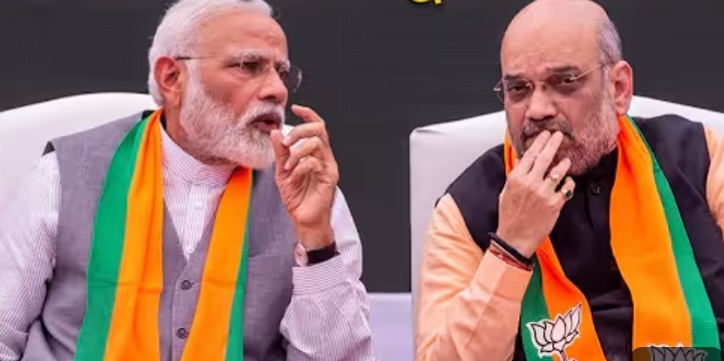

PRESIDENTIAL REFERENCE: BEING CUSTODIAN OF CONSTITUTION, COURT CAN’T BE A MUTE SPECTATOR IF GUV FAILS
NEW DELHI: Concluding hearings on the Presidential Reference seeking clarity on whether timelines can be read into Article 200 of the Constitution, the Supreme Court on Thursday said that though it strongly upholds the separation of powers, it could not remain a silent spectator if one wing of the State failed to discharge its constitutional duty.
Chief Justice B.R. Gavai, heading the five-judge Constitution Bench also comprising Justice Surya Kant, Justice Vikram Nath, Justice Pamidighantam Sri Narasimha and Justice Atul S. Chandurkar, observed, “I am a strong believer in the doctrine of separation of powers. (However) If one wing of state fails in discharging its duties, would the Court — custodian of the Constitution — be powerless and sit idle?”
The Bench made the remarks as Solicitor General Tushar Mehta insisted that under Article 200 a Governor can withhold assent to a Bill, and courts cannot issue a mandamus in such a situation. He stressed that the Governor, being a “co-ordinate constitutional functionary,” exercises discretion that cannot be judicially interfered with.
Reiterating that gubernatorial assent is an integral part of the legislative process, Mehta argued that even if justification were there, “the court does not have jurisdiction to interfere” in the Governor’s powers.
To illustrate, he cited a hypothetical situation where petitions seeking conflicting mandamus, on the Bill before the Governor, could be filed before the Supreme Court.
Earlier, on August 21, when Mehta had submitted that the Governor’s actions were not justiciable, the CJI had questioned: “According to you it is totally out of judicial view? What is the safeguard for a duly elected government? Suppose a Bill is passed with two-third majority and the Governor just sits over it. This will make the legislature and government defunct.”
Attorney General R. Venkataramani too cautioned against judicial timelines, warning that it would create an “assent jurisprudence.” He said the “best course would be to leave it to the wisdom of the Governor.”
The 10-day hearing, which commenced on August 19 and continued on August 20, 21, 26, 28, September 2, 3, 9, 10 and 11, saw leading lawyers including Harish Salve, Mahesh Jethmalani, Neeraj Kishan Kaul and Guru Krishna Kumar opposing timelines, while K.K. Venugopal, Gopal Subramanium, Abhishek Manu Singhvi, Kapil Sibal, Arvind Datar and P. Wilson pressed for a time-bound decision by Governors.
The May 15 Presidential Reference questions whether the judiciary exceeded its jurisdiction in prescribing timelines for Governors and the President to act on Bills, and whether “deemed assent” undermines separation of powers. The Union government has supported the Reference, a stand backed by BJP-ruled States.
Tamil Nadu and Kerala have opposed it, arguing that Article 143 permits advisory jurisdiction only on unsettled law, whereas Articles 200 and 201 have already been interpreted.
The trigger was the April 8 judgment by Justices J.B. Pardiwala and R. Mahadevan, holding that “neither pocket veto nor absolute veto finds place” in the constitutional scheme under Article 200, and emphasising that Governors are under a constitutional obligation to act with expediency.
“The scheme of Article 200 is characterised by the movement of the Bill from one constitutional authority to another with a sense of expediency,” the Court had said, warning that without such action, Bills remain “mere pieces of paper, skeletons without lifeblood, documentation of aspirations without fruition.”






